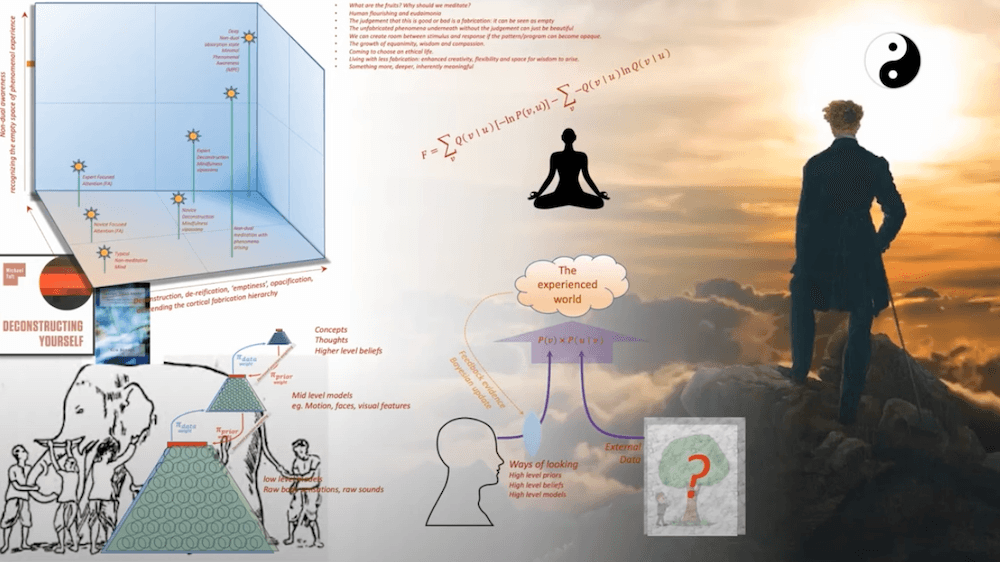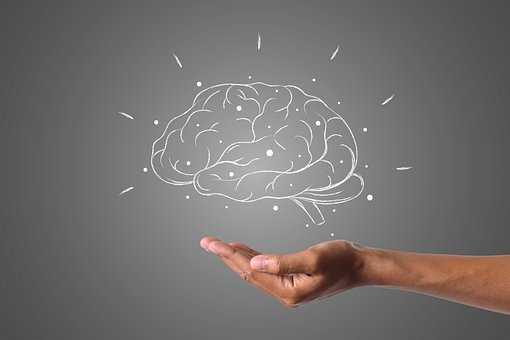Bayesian Brain & Meditation
The Bayesian brain hypothesises that our mind works like an AI predictive model. We don't experience our world directly, but we perceive it. Meaning we construct it using both our senses and our prior beliefs.
If this is true then meditation can act as a way to improve our experience of ourself and of the world. By making us aware of our biases and allowing us to change how we create the world. This is the proposition of Shamil Chandaria, one of the AI pioneers, having worked at DeepMind (now part of Google).
47
545 reads
CURATED FROM
IDEAS CURATED BY
Life-long learner. Passionate about leadership, entrepreneurship, philosophy, Buddhism & SF. Founder @deepstash.
Shamil is a former DeepMind employee. Based on his AI experience he proposes that our minds are operating similarly to an AI model.
“
Similar ideas to Bayesian Brain & Meditation
Create Your Reality
This is reminiscent of the Henry Ford quote, “Whether you think you can, or you think you can’t – you’re right.”
Our thoughts and beliefs make real that which is in our mind, even prior to becoming tangible on an objective level.
“What do we believe about ourself, life, and t...
What meditation is
Meditation is exploring. When we meditate we venture into the workings of our minds: sensations, emotions and thoughts.
Mindfulness meditation asks us to suspend judgment and unleash our natural curiosity about the workings of the mind, approaching our experience with w...
Simulation: The Way The Brain Really Works
Every moment that we are alive, our brain utilizes concepts to simulate the surrounding environment, practically creating ‘our’ world.
At any given moment, our brain tries to reconstruct, guess or compute what’s happening in the world using simulation. The...
Read & Learn
20x Faster
without
deepstash
with
deepstash
with
deepstash
Personalized microlearning
—
100+ Learning Journeys
—
Access to 200,000+ ideas
—
Access to the mobile app
—
Unlimited idea saving
—
—
Unlimited history
—
—
Unlimited listening to ideas
—
—
Downloading & offline access
—
—
Supercharge your mind with one idea per day
Enter your email and spend 1 minute every day to learn something new.
I agree to receive email updates

